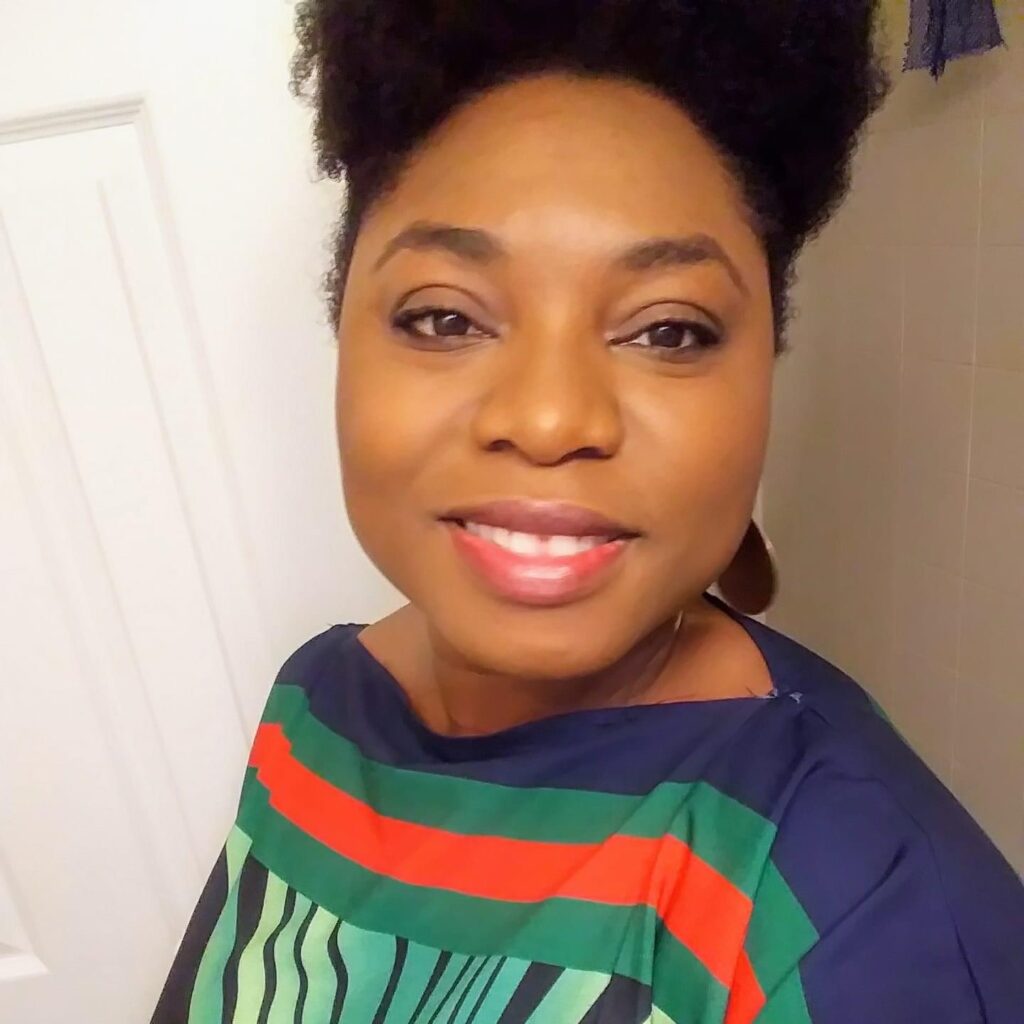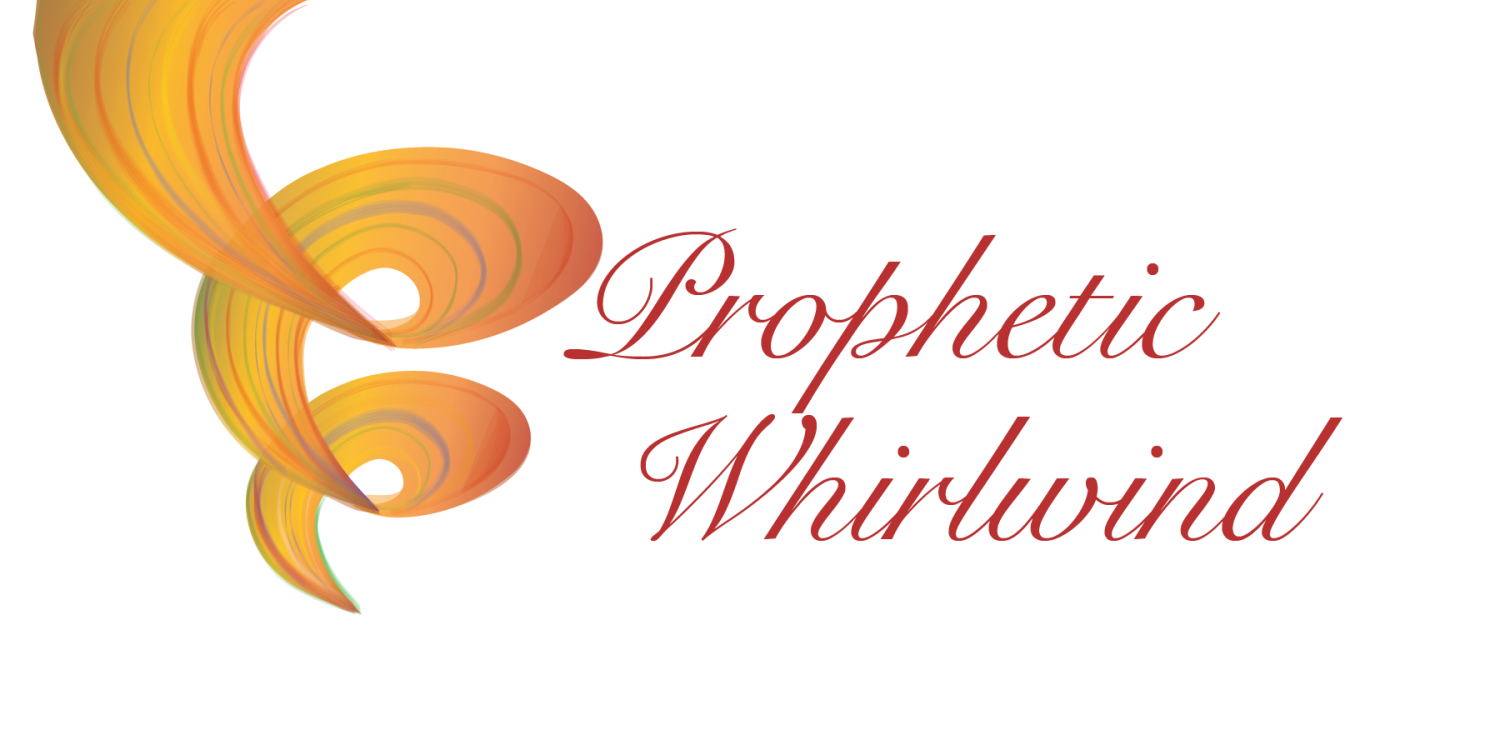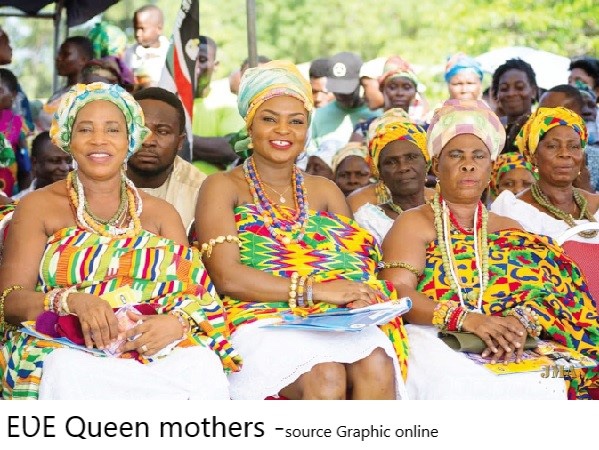The original name of the people who are called the “Hebrews” in the Bible is EƲE.

Abraham is the first person called a Hebrew (Genesis 14:13) Abraham’s 5th Great Grandfather was Ever/Eber. We know this because Genesis 10:24 tells us that Shalach bore Ever. Ever is spelled עבר(EB/VR).
According to the dictionary of etymology:
The word “Hebrew” is late Old English, from Old French Ebreu, from Latin Hebraeus, from Greek Hebraios, from Aramaic ‘ebhrai, and from the Hebrew language Ivri.
So the name has evolved. There is a people, the remnant of them are still living on the so called Slave coast of West Africa Today. Foreingers in the 17 and 18 centuries spelled their name Ewe and EVE. But they call themselves Ervher.
The Scripture in 2 Chronicles 7:14 says “if my people, who are called by my name, will humble themselves and pray and seek my face and turn from their wicked ways, then I will hear from heaven, and I will forgive their sin and will heal their land.”
Who are the people called by God’s name? Well, let’s take a look at the name.
It is the Tetragrammaton יהוה (YHƲH/YHWH/YHVH) we have many variations of it’s pronounciation. The “H” is pronounced as an “E”. If you were to remove the Y from His name, what we have left is EƲE/EWE/ÉVÉ (EƲE is the original namebecause that is what the people call themselves). So the people who are called by His name are called EƲE. That tells us that all who stem from Abraham’s seed of promise (when the Bible talks about Hebrew, it is always in regards to the seed of promise), which is with Isaac, which is with Jacob and His offsprings. So this is not only the people on the so-called slave coast, but this is the general name of all those who stem from Abraham’s seed of Promise, Yasara (aka Israel), who are presently mostly concentrated within Africa, ourbrothers and sisters were taken to other lands and scattered among the nations.
What does it mean to be an African Hebrew Woman in your culture?
I am proud to be an African Hebrew woman (an EƲEwoman). Because it means that I am one of YAH’s chosen daughters. We are taught from childhood to fear YAH and to respect your elders. Humility, kindness and respect are not optional.
Hebrew women, EƲE women are masters of their homes as well as skillful business women. In our culture, women are very hardworking. To call a woman lazy is to taint her prospects at getting married. Because the woman is a partner to her husband. A word for “mother” in the EƲE language is “Nɔ” meaning “one who stays”. She litterally stays the home. Without her the home will not hold. Traditionally, women are very enterprising. The women run the economy. According to Mastercard index, African have the highest percentage of women business owners in the world! They named women in Uganda, Ghana and Botswana.
Not only are women gifted in domestic matters and entrepreneurial, they are also the reservoirs of our Hebraic culture and knowledge. One word for “elderly woman” in the Eve language is “Nyanga”, it litterally means Great knowledge “Nunyaga”, and it also means great words). They are the guardians of our Hebraic customs and culture and they teach us.
Being an EƲE woman means that I come from a long line of Beautiful, courageous, industrious, resillent and morally upright women of substance. It is thier blood that runs through our bodies.
Let me tell you about some of our ancestors. But before we can do that, I have to explain the difference between a translation and a transliteration.
Translation is when you interprete a word from one language to another to get the meaning in the latter. Transliteration is when you rewrite a name or a word, using a different writing system or alphabet. In doing that, you are not deriving a meaning. The Biblical Hebrew text was translated. But the names were usually transliterated. Due to this, we can still find meanings of names in the Eve language, the ancient Hebrew.
EƲE women in the Bible:
EVE / Hawwa /Chavvah = Strong’s H2332 pronounced “khav·vä’” חָוָה (CHWH)
Modern Hebrew: means “a living being”.
EƲE : Xa-wa .
Xa=side and Wa/Wɔ= make/manufacture. so it means “made from side or from my rib) (Genesis 2:21-22 “21 So YAHWEH caused the man to fall into a deep sleep; and while he was sleeping, he took one of the man’s ribs[g] and then closed up the place with flesh. 22 Then YAHWEH made a woman from the rib[h] he had taken out of the man, and he brought her to the man.”) The word “Wa/Wɔ” implies work. Through this name, the scripture is not only describing the manner in which the woman was made, but also telling us that she is working by the man’s side, she is his partner. Rabbi Akwetey made a beautiful video about this.
Sarah Sarai/Sarah שרי / שרה (SRY / SRH)
Modern meaning: SRY = Princess / SRH = Noblewoman
EƲE: SRY= Srɔ (“wife”, this is similar to a woman being called “mama” from childhood and growing up with that nickname).
SRH= Sara (Congregation/many) or Seyra (Godhas blessed). Genesis 17:15-16 “God also said to Abraham, “As for Sarai your wife, you are no longer to call her Sarai; her name will be Sarah. 16 I will bless her and will surely give you a son by her. I will bless her so that she will be the mother of nations; kings of peoples will come from her.”So we see why this name would mean blessed and congregation/many.
Miriam = Strong’s H4813 מרים (MRYM) Miryam. Miriam was the elder sister of Moses and Aaron, a prophetes of Yasara. Mary the mother of Yesu is also Miriam.
Meaning in modern Hebrew:‘rebellion’
EƲE meaning: ‘Mi yram’ means ‘Bless me’ In Luke 1:42 Mother Miyram went to visit her also expectant cousin Elizabeth. Upon seeing her, Elizabeth who’s child had not moved, leaped in her wound. The scripture says “Then she spoke out with a loud voice and said, “Blessed are you among women, and blessed is the fruit of your womb!”
Hadassah= Strong’s H1919 הדסה (HDSH)
Modern meaning: “Myrtle”
EƲE meaning: Adase (pronounced A-da-say), it means “Testimony”
The life of Queen Adase as narrated in the book of Esther is a testament to
YAH’s love and protection over Yasara.
Deborah = Strong’s H1683: דבורה (DB/VWRH) pronounced “Devora”
Modern Meaning: “Bee”
The root word is H1609 דבר (DB/VR), and that means To Speak or to declare or command
EƲE meanings (there are two): 1) DBR = Do gbe da (gb is often pronounced and written with
a simple “B” (for example instead of “Igbo”, some say and write
“Ibo”, Also, letters D and R are interchangable in EƲE).
“Dogbeda” litterally means “Launch/Cast your voice”. It also means “Pray”
Judges 4:4 tells us that Deborah/Dogbeda was a prophetess, she spoke as YAH directed her, and saved her people. This is in stark contrast to the often
Missinterpreted scripture in 1Timothy 2:12 where the apostle Paul gave instruction to a specific group of believers at a specific time, for a specific purpose, a purpose which we are not privy to, telling them that those women must be quiet. It says “And I do not permit a woman to teach or to have authority over a man, but to be in silence”. This scripture is clearly an exception and not the rule. Dogbeda is a command to let one’s voice be heard!2) DVR= De vɔ̃ da (this time, the second letter is a V and not a B, and
again, D and R are interchangable). De vɔ̃ da means “Remove or undo the evil”. The scripture in Judges 4 tells us that when the prophet Ehud died, Yasara did evil in Yahweh’s sight. Verse 4 says “Now Deborah, a prophetess, the wife of Lapidoth, was judging Yasara at that time.” So clearly, this matriarch of ours, was “removing evil/falsehood and establishing righteousness/truth”. She was teaching righteousness to not just the women, but all the people as a whole.
This is the heritage that I am proud and thankful for. We must all learn from these great women of valor, daughters of Zion, and shun the contrary, the whore of Babylon which is promoted and viciously marketed to our children on TV, in movies, in music and on social media. We must come out from among them and touch not the unclean thing, for we are a chosen people, a Holy Nation and Royal Priesthood to YAH!
This article was written for the Prophetic Whirlwind Ministries & Apologist Sista E Women History Month Event: African Hebrew Women Speak Watch the event here.
About The Author

Seyram Adzanku Was born and raised in Ghana, my family is from the Volta region. By Yah’s divine design, I had the incredible opportunity to live and attended school in Accra, Ghana, Bamako, Mali, and Lome, Togo. By default, I speak 5 languages (Eʋe, English, Twi/Akan, French, and Spanish) in that order. I attended University here in the States. I have a master’s degree in nursing leadership and management. My nursing career has mostly been in the fields of Critical care, Neurology and case management however I currently manage the clinical operations side of an advanced wound and hypebaric oxygen program. Although I always had an interest in African history, my awakening did not come about until a little over 2 years ago. I stumbled upon Rabbi Akwetey’s videos about the Eʋes on YouTube, and came to know about Mawuli and others through that. When I first came to the knowledge of our Identify, I called my grandmother immediately. I asked her whether she knew. Her response was “no, but…”. Then she told me of her father who claimed to be a son of Abraham. She said he had a special enclosure which he did not allow anyone to enter. The entrance was covered with a white cloth. He stopped all his work on Friday by sundown, did his ritual washing, wrapped a white cloth around his waist, and entered the enclosure. He observed his worship from Friday sundown to Saturday sundown and abstained from all unclean activities during this time. My great grandfather was suspected of worshiping idols in his sacred enclosure. The German Breman missionary church attempted to convert him on numerous occasions but only met my great grandfather’s resistance and claim of already being a son of Abraham and worshiping the one true “Mawu” (our word for God). When he died, his children entered the special enclosure and found no idols. All they found was a vessel of water(vessel of purification). Make no mistake, my great-grandfather was not better that the rest of the Eʋes who did and some till this day still practice African beliefs and superstitions, he had idols. However, he had a special enclosure for the worship of TMH, and he kept Saturday as a day dedicated to His worship. This was confirmation enough for me, but Yah blew my mind some more when I read all the things that my grandmother had describe, in the book “The Ewe people of German-Togoland” by the German author Jakob Spieth. This started me on my quest for more knowledge about us.
Links: FB Page: Hebrew Ivri Ewe Eʋe The Black Man
YouTube channel: Hebrew Ivri Ewe Eʋe The Black Man
https://youtube.com/channel/UCKiCYZUJ9KY3CP9fRqRBmWQ
Donate: Cashapp: $LindaAdzanku
Be Blessed!

